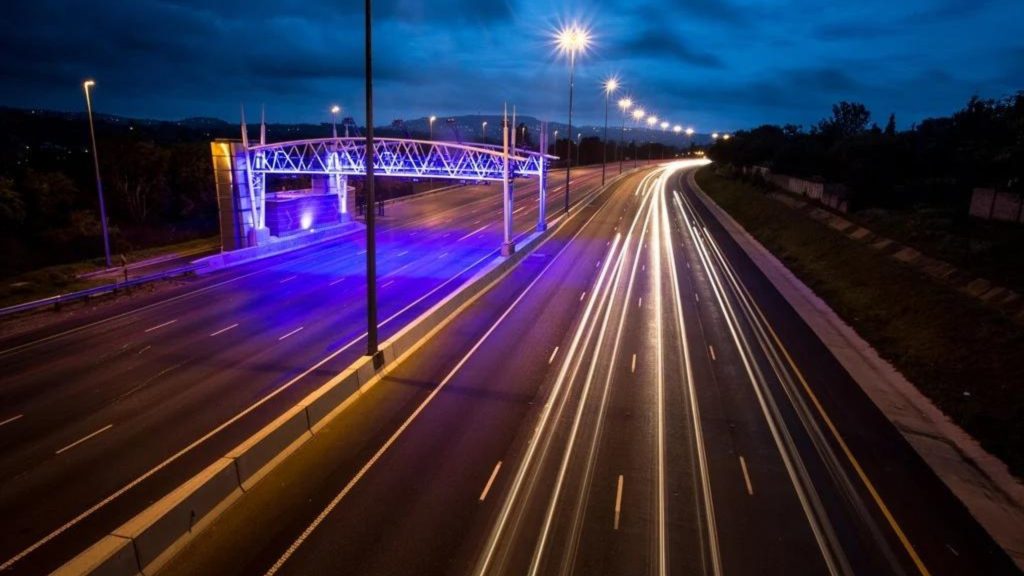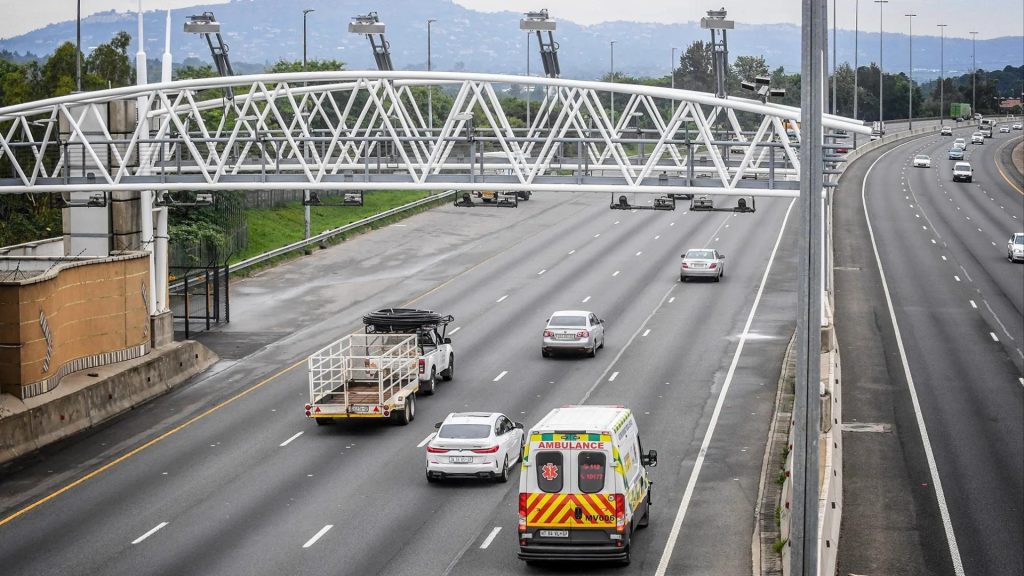Confusion Surrounds E-Toll Debt Collection
In a recent interview with Moneyweb, Mampho Modise, the deputy director-general of public finance at National Treasury, confirmed that the Gauteng Provincial Government is still committed to collecting e-toll debt from motorists. Despite Gauteng Premier Panyaza Lesufi’s announcement that the formal process to switch off and delink e-tolls on the Gauteng Freeway Improvement Project (GFIP) will begin on March 31, 2024, the debt collection remains on the agenda.
Agreement Between National Treasury and Gauteng
Modise clarified that the agreement to collect e-toll debt is not new and has been in place for some time. The process took time due to the need to understand the numbers, implications, and timelines. The agreement involves the collaboration between Gauteng and the South African National Roads Agency (Sanral) to determine how the debt collection from motorists will be executed.

Conflicting Statements and Election Concerns
The recent comments by Modise have added to the confusion surrounding the scrapping of e-tolls. Wayne Duvenage, CEO of the Organisation Undoing Tax Abuse (Outa), expressed skepticism about the National Treasury’s intention to pursue motorists for e-toll debt, suggesting that this might be hindered by upcoming elections.
Gauteng Premier Lesufi had declared in his State of the Province Address that the process to eliminate e-tolls would commence on March 31, 2024. However, Finance Minister Enoch Godongwana countered this, stating that Gauteng had not met the preconditions for scrapping e-tolls.
Refunds and Funding Considerations
Regarding the possibility of refunds for e-toll payments, Modise emphasised the flexibility in the agreement. Gauteng will decide whether to collect the debt or refund motorists based on their financial considerations. The province is expected to contribute 30% to settle Sanral’s GFIP debt, with the total amount being R12.9 billion.

Ongoing Confusion and Outa’s Stance
Outa’s Duvenage criticised the situation as “the same old confusion and indecision.” He urged motorists to stop paying e-tolls, asserting that the government would only act if the revenue flow ceases. Duvenage also questioned Gauteng’s involvement in covering 30% of Sanral’s debt and maintaining GFIP roads, suggesting potential challenges if there is a change in government.
Conclusion
The timeline for scrapping e-tolls remains uncertain, and conflicting statements from government officials contribute to the confusion. Motorists are left wondering about the fate of their e-toll debts, and the issue continues to be a point of contention between the Gauteng Provincial Government and National Treasury. The upcoming budget presentation on March 5, 2024, by Gauteng MEC for Treasury Jacob Mamabolo may provide further clarity on this matter.








